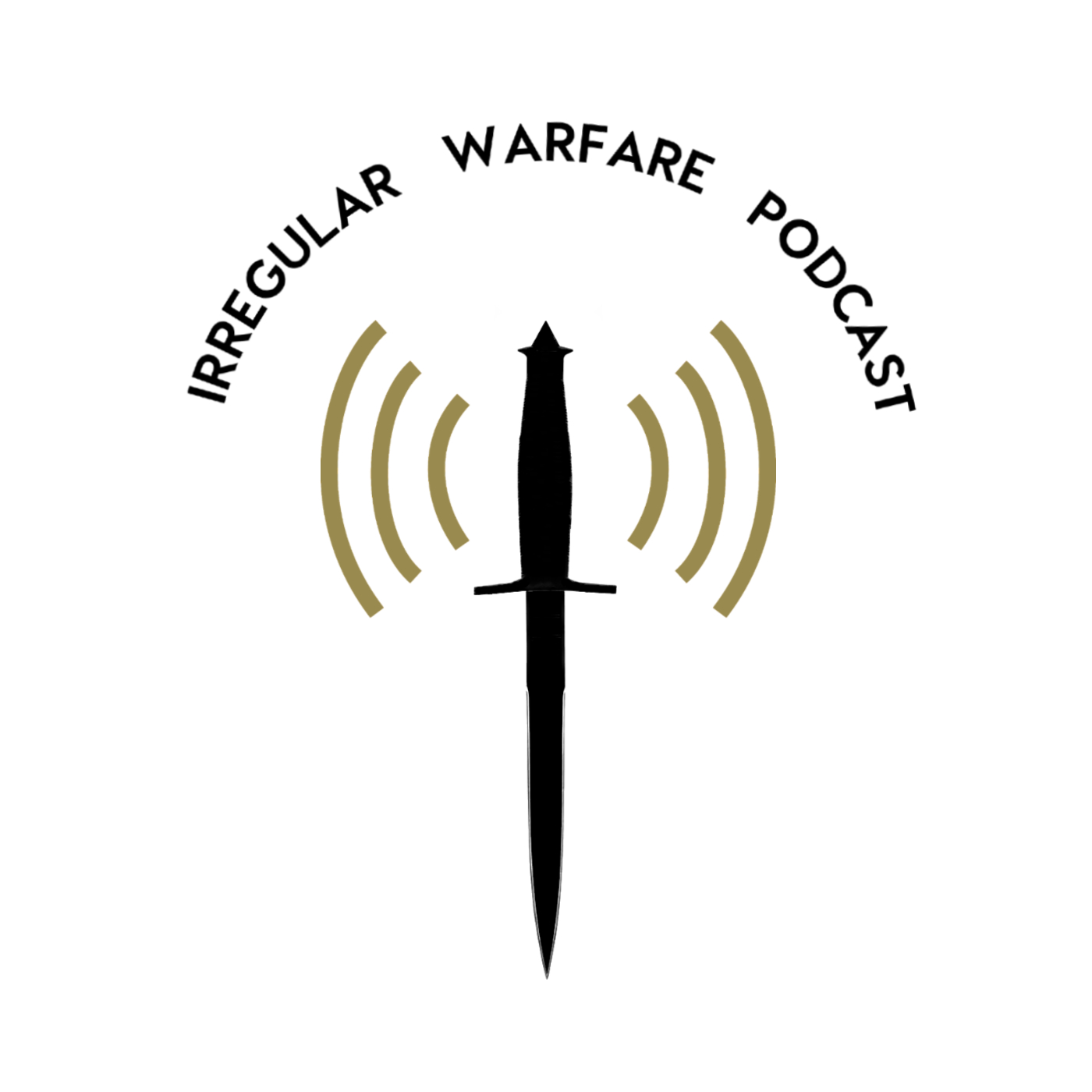In 2016, the Colombian government and FARC rebels signed a peace deal, ending over five decades of guerrilla war. What lessons can be gleaned from the case for the irregular warfare community? Former US Ambassador to Colombia Kevin Whitaker and former assistant secretary of defense for special operations and low-intensity conflict Caryn Hollis argue that effective US interagency coordination, bipartisan congressional support, and a focus on building institutions and stabilizing the security situation were key ingredients to success in Colombia’s efforts against the insurgency. But more important than anything was that the Colombian government and population owned the commitment to resolve the conflict.
Intro music: "Unsilenced" by Ketsa

Subscribe to the IWI monthly newsletter by going to www.irregularwarfare.org! What lessons can be found in India’s experience with counterinsurgency? Are there elements of...

This episode explores how cyber tools and weapons are used at the tactical level within irregular warfare. Our guests, Dr. Trey Herr and Major...

How do terrorist organizations and other nonstate armed groups finance their activities? And just as importantly, how can the United States and its allies...